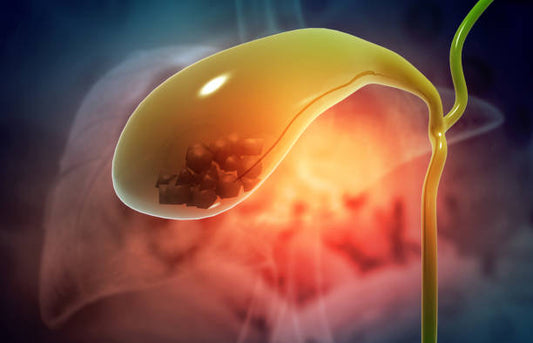Karanja (Pongamia pinnata) is a plant native to India and Southeast Asia that has been used in Ayurvedic medicine for centuries. The oil extracted from the seeds of the Karanja tree has a variety of health benefits and is commonly used in traditional medicine.
What is Karanja?
Karanja (Pongamia pinnata) is a plant in the pea family that grows in India, Southeast Asia, and parts of Africa. The tree produces seeds that are used to extract oil, which has a variety of health benefits.Traditional Uses of Karanja
In traditional Ayurvedic medicine, Karanja oil has been used for a variety of purposes, including as a treatment for skin diseases, as a hair tonic, and as an insect repellent. The oil has also been used to treat wounds and promote healing.Health Benefits of Karanja Oil
- Skin Health
- Hair Health
- Wound Healing
- Insect Repellent
- Potential Anti-Cancer Properties
- Other Potential Health Benefits
How to Use Karanja Oil?
Karanja oil can be applied directly to the skin or hair, or it can be mixed with a carrier oil like coconut oil or almond oil. It can also be added to lotions, creams, or other skincare products.Side Effects and Precautions
While Karanja oil is generally considered safe for topical use, it can cause skin irritation in some people. It's also important to note that Karanja oil should not be ingested, as it can be toxic.Conclusion
Karanja oil has a long history of use in traditional medicine and has a variety of potential health benefits. From promoting skin health to acting as a natural insect repellent, Karanja oil is a versatile and effective remedy
Reference
Author: Nikita Vishnoi BCA












